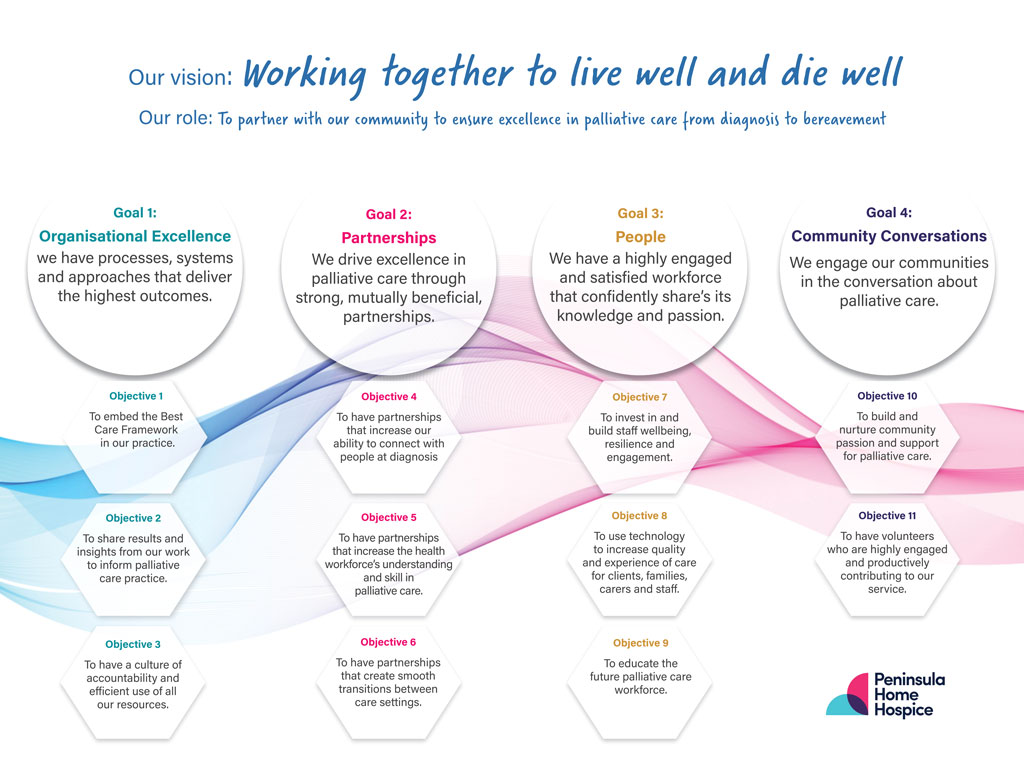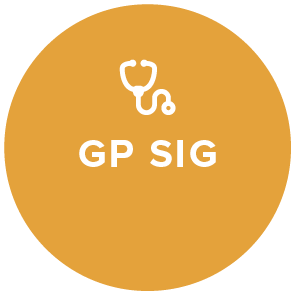PHH History
PHH was born from a recognised community need and established by a group of volunteers eager to ensure those wanting to stay in their own home as they faced a life limiting illness were able to do so. Since then, PHH has evolved into an accredited Specialist Community Palliative Care Service, that receives state government grant funding, supplemented by local fundraising and philanthropic grants.
PHH was incorporated as a benevolent organisation on October 26, 1984 and more recently as a company limited by guarantee and is a not-for-profit organisation.
In 1998, PHH won a tender to the Department of Human Services to provide a comprehensive palliative care program delivered by a team of professional workers and volunteers – a model that is still in practice today. Our services, offered free of charge, are also extended to family and friends of our clients as we recognise that they too need support.
Core Values
The Board, Staff and Volunteers of PHH value:
INTEGRITY
COLLABORATION
RESPECT
INNOVATION
EMPOWERMENT
Our Strategic Plan 2022-2027

Our Board of Directors
Kath Ferry – Board Chair
Director since October 2016, Deputy Chair since November 2018, Board Chair since August 2023
Kath has extensive management experience and knowledge of the not for profit and government sectors, and has recently retired from her work in the disability field. She is a member of the Australian Institute of Company Directors and the Chair of the Frankston and Mornington Headspace Consortium.
Special Responsibilities: Board Chair; Audit and Finance Committee, Governance and Risk Committee
Heather Johnson - Deputy Chair
Director since November 2021, Deputy Chair since November 2023
Director since October 2021, Deputy Chair since November 2023
Heather has broad governance experience as an executive and non-executive board member, having held board positions in several health and community service organisations. She is committed to assisting people understand our complex health system to improve their access to good services and to empowering them with the knowledge and skills to make the most of their personal health.
Special Responsibilities: Chair Governance and Risk Committee
Helen Fairlie - President
Director since November 2008, Chair November 2011 to November 2018, President since November 2018
Committee member and Chair of Sorrento Pre School 1986 – 1990, School Council for Sorrento Primary School, Committee member and Chair 1990 – 1998, Women of Action Fundraising for PHH since 1997, Sorrento Portsea Chamber of Commerce Committee 2000 -2020, Arts Nepean Sub Committee Chair 2009 – 2011.
Special Responsibilities: Board President; Audit and Finance Committee; Fundraising Committee
Richard Lindner - Treasurer
Director since October 2016, Treasurer since November 2019
Richard was formerly a Chartered Accountant in public practice for over 30 years, clients included organisations in community services, health, emergency services and local amenities sectors. Richard’s main focus in these sectors being governance and financial sustainability.
Special Responsibilities: Treasurer; Chair Audit and Finance Committee
Celestine Moon
Director since October 2010
Celestine has had 30 years’ experience in the hotel industry, then 15 years employment as a Solicitor both in a private practice and in the public sector. She is now retired.
Special Responsibilities: Governance and Risk Committee
Tony Vaughan
Director since October 2013
Experience at senior executive level in both public and private sector. Wide experience at board level and governance oversight. Specialist in marketing, business development and strategic planning, property and asset management.
Special Responsibilities: Audit and Finance Committee
Vicki Sayers
Director since October 2017
Vicki was born and bred on the Mornington Peninsula and has previously worked as a Palliative Care Nurse and is now a Licensed Real Estate Agent. Community and connection are important to her.
Special Responsibilities: Fundraising Committee
Carmel Flynn
Director since December 2023
Carmel has extensive management experience in the corporate, not for profit, and government sectors, including as a senior executive in state government departments and agencies since 2011. In these roles, she has developed expertise in leading organisations in the fields of crisis and emergency management and in strategy, risk and finance.
Carmel’s qualifications include a MBA (Technology Management) and a Bachelor Commerce. She earned CPA qualifications and was a member of that profession for more than 25 years. As a graduate of the Australian Institute of Company Director’s course (GAICD) in 2023 and a Mornington Peninsula resident, Carmel is committed to applying her knowledge and skills to assist PHH to successfully achieve its strategic outcomes; optimising quality of life outcomes for our community members.
Special Responsibilities: Audit and Finance Committee
Jennifer McGinley
Director since December 2023
Jennifer McGinley is a Professor of Physiotherapy at the University of Melbourne and has extensive experience as a clinician, educator, researcher and executive. She is passionate about increasing equitable access to person-centred high quality health care services that provide care in the right place at the right time. She is also a member and graduate of the Australian Institute of Company Directors and a Board Member of Fight Parkinson’s.
Special Responsibilities: Governance and Risk Committee
New Bios
Director since October 2012, Board Chair since November 2018
Qualifications:
MBA, Grad Dip Nursing Admin, BN. FACN, AFIML, MAICD.
Experienced healthcare executive with a particular interest in community and primary health care.
Special Responsibilities: Board Chair; Governance and Risk Committee; Audit and Finance Committee
Our Partners in Care
PHH works collaboratively with Specialist Palliative Care consultancy team and the Palliative Care Unit (run by Peninsula Health) as well as General Practitioners and Medical Specialists, Community Nursing, Acute Hospitals (both public and private), Residential Aged Care Facilities, St Vincents (Caritas Christi) local councils and other community services to optimise end of life care for all.
What is Palliative Care?
Palliative care is for anyone of any age (from babies to older adults) who have been diagnosed with a life-limiting illness. Palliative care identifies and treats symptoms and issues associated with the illness, which may be physical, emotional, spiritual or social.
For some people, palliative care may be beneficial right from the time of diagnosis. It can be provided alongside other treatments (for example treatments for cancer such as surgery, chemotherapy and radiation) or when those treatments have ended. Some people access palliative care on and off through various stages of an illness.
Accessing palliative care early can help ensure a person’s values, beliefs and goals for their care are known and respected.
Palliative care is based on individual needs and the services offered will differ from person to person, they may include:
- Relief of pain and other symptoms
- Resources such as equipment needed to aid care at home
- Assistance for families to come together to talk about sensitive issues
- Links to other services such as home help and financial support
- Support for people to meet cultural obligations
- Support for emotional, social and spiritual concerns
- Counselling and grief support
- Referrals to respite care services
- Bereavement support is also offered to family and friends involved in your care
Palliative care helps you to live well with a serious illness that is likely to shorten your life. It aims to make you comfortable, improve your quality of life, and support family and friends caring for you. It also provides choices and helps you to make important decisions about your care.
Talking about Dying
The confronting nature of palliative care may require us to have those difficult conversations. Talking about dying is hard. And it is sad. However, death is inevitable and the better prepared we are for our death, the easier it will be on the ones we leave behind.
It is also important to talk about death so we can prepare well. When we prepare in advance for our death we are able to relieve the decision making burden on those closest to us.
PHH provides home based palliative care that optimises quality of life for those in our care and honours their hope for choice, dignity, comfort and peace.
Peninsula Home Hospice does not offer Voluntary Assisted Dying. The practice of palliative care does not include actions that deliberately end a person’s life, our goal is to provide comfort and support that neither hastens nor postpones a person’s death.
We respect individual choice and support people to make their own informed decisions about their care and end of life plans.
PHH palliative care services sit separately and should not be confused with the deliberate ending of a person’s life.
In compliance with the VAD legislation, PHH has elected Care Pathway C, Information and Support, as developed by the VAD implementation committee.
Key points for Pathway C response:
- In line with legislation PHH staff are not permitted to initiate discussion about VAD.
- People living with a life – limiting illness are supported and respected whether or not they choose to explore or access voluntary assisted dying.
- Clients, if they request it, will be informed about where to find appropriate information to access to VAD.
- Staff and volunteers have been provided with adequate information to be able to guide clients to seek the information they need about VAD.
- Clients on our program who are considering VAD will continue to receive palliative care and have the opportunity to discuss their concerns, fears and wishes and have their suffering explored without judgement or coercion.
- Staff and volunteers have the right to choose not to be involved with clients that have initiated discussion about VAD or have opted to pursue VAD as is their right.
- Staff can without judgment be able to choose not to be involved with a client if they wish to discuss VAD or have chosen VAD.
Cultural Diversity & Inclusion
Cultural values give an individual a sense of direction as well as meaning to life. Culture goes to the heart of who we are and how we connect to others, defining our sense of identity and belonging and contributing to our health and wellbeing. Culturally appropriate palliative care necessitates a special type of cultural awareness – an understanding of death and dying from different cultural perspectives.
Cultural differences can be a source of frustration for both clients and healthcare professionals, and may result in poor health outcomes. By practicing cultural competence, we can create win-win situations and improve health outcomes, increase client satisfaction and reduce overall frustration.
There are many languages spoken in Victoria. Ask for an interpreter if you wish to speak in your language. This is your right.
We Acknowledge
We acknowledge the culture, dreams and aspirations of the Aboriginal and Torres Strait Islander people as the custodians of the lands upon which we live and work and we pay our respects to Elders, past, present and emerging.















